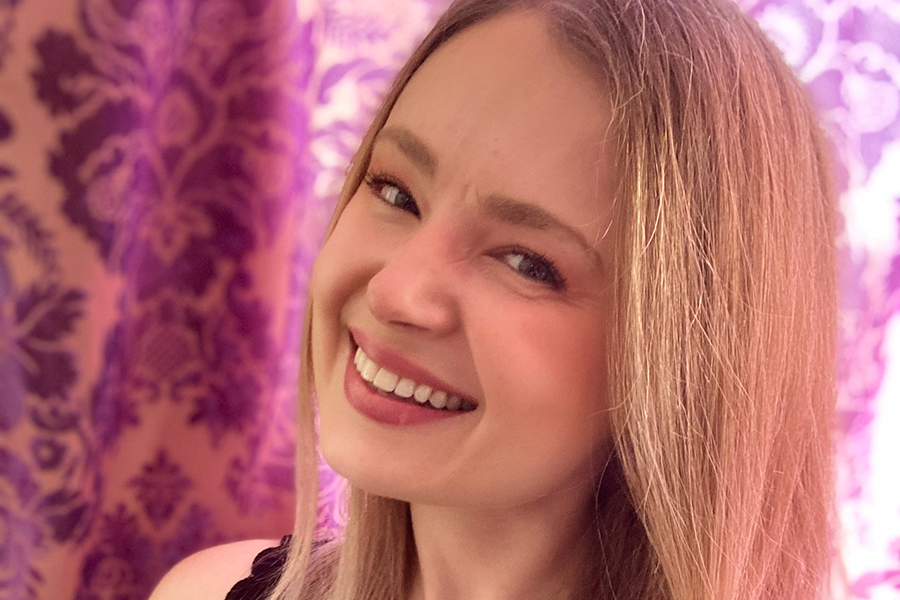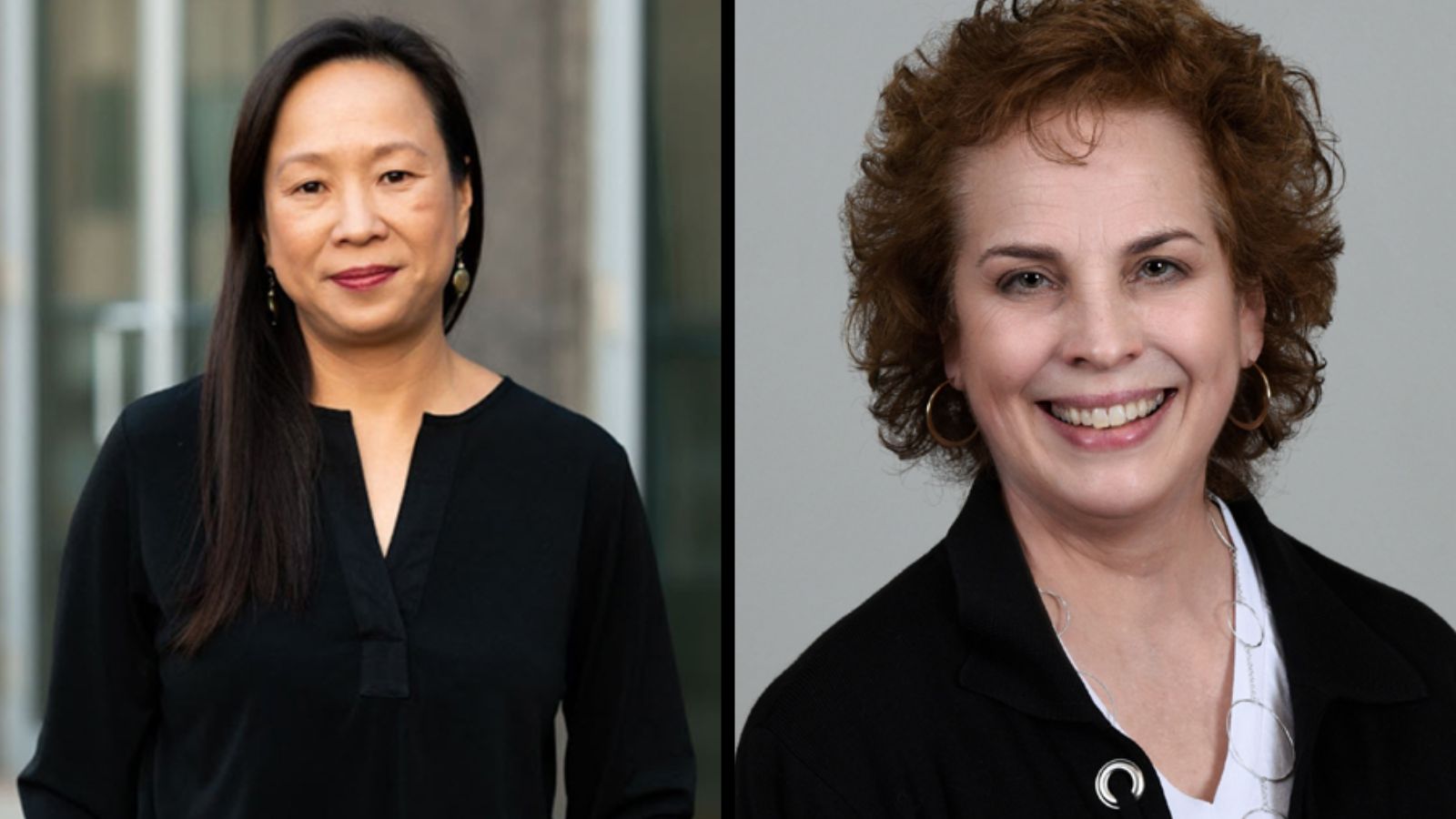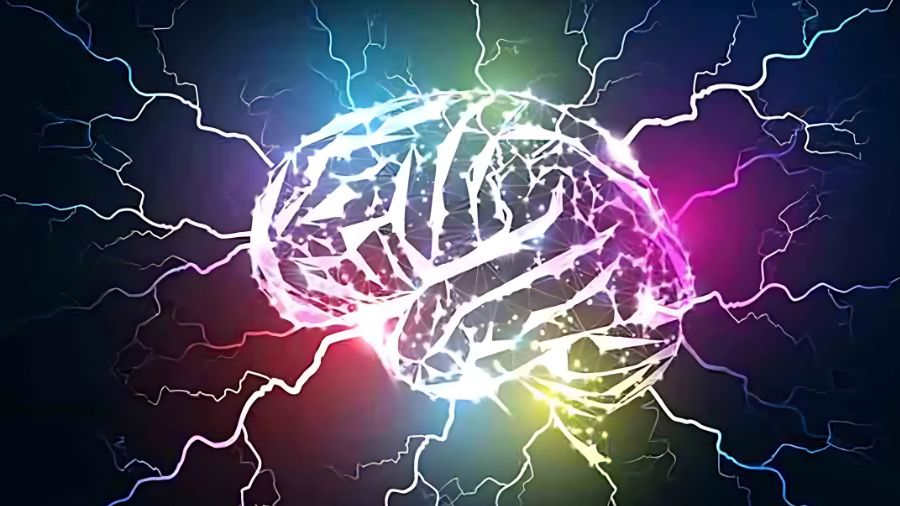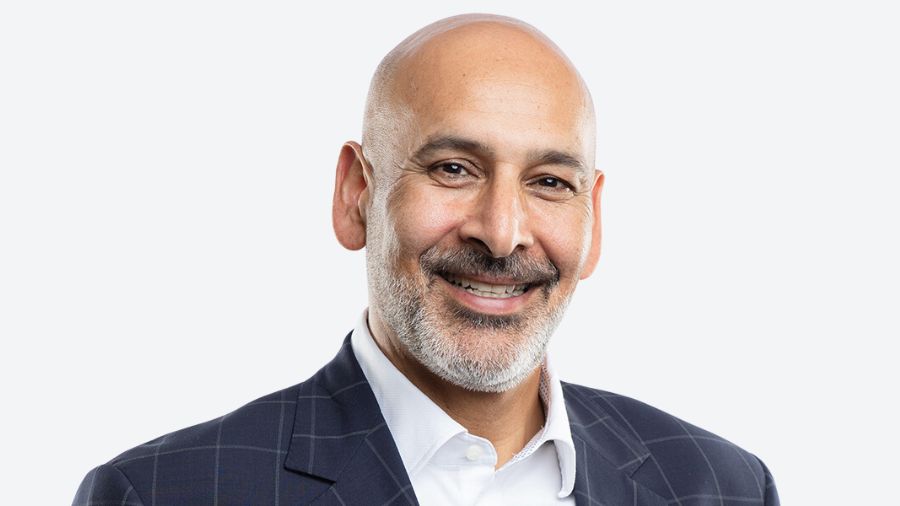
Like many people, Nikki Ashworth thought she knew what epilepsy looked like.
Nikki pictured the severe full-body seizures, triggered by flashing light, that leave sufferers flat on the ground.
She suspected the sensation she often experienced while crossing a street — an intense minute-long sense of déjà vu and overwhelming dread, accompanied by the physical feeling of heat rising from her stomach to her head and then dropping her down like a roller-coaster — was unusual, but the thought that it might be a symptom of epilepsy never crossed her mind.
As Nikki’s episodes started to increase, occurring up to 10 times a day, her boyfriend suggested she visit a doctor. After Googling “medical déjà vu,” she discovered something called focal aware seizures, with a description that matched her symptoms almost to the letter.
While she was confident in her self-diagnosis, the doctor Nikki saw disagreed.
“Oh, maybe you’re having panic attacks,” he said. Her response: “That is not what is happening.”
He finally referred her to a neurologist, who ordered an MRI. Nikki was diagnosed with temporal lobe epilepsy on the right side of her brain. They also found a small benign tumour.
“People would not notice I was having seizures at all. I’ve hidden them my entire life,” she says. “That’s why I wasn’t diagnosed until I was 37.”
Nikki’s story is hardly an outlier when it comes to diagnosing neurological disorders in women. All too often, women are taught to ignore irregularities within their brains or are dismissed when they are diagnosed with headaches, brain fog, anxiety or depression — which are often, but not always, symptoms of a neurological disorder.
It’s a topic Dr. Esther Bui, a neurologist and clinician educator at UHN’s Krembil Brain Institute, has made a centrepiece of her work. Dr. Bui specializes in exploring how a woman’s experience with a neurological disorder may differ from a man’s and why they have a higher likelihood of being misdiagnosed or underdiagnosed.

The big picture
Biology is certainly part of the issue, Dr. Bui notes. Hormonal fluctuations during puberty, pregnancy and menopause can alter the way neurological problems manifest during a woman’s life.
For example, pregnancy complications such as gestational hypertension may trigger cognitive issues decades later. In addition to physical differences, women are more likely to have increased caregiving or other personal responsibilities that can delay a trip to the doctor or cause symptoms to be misdiagnosed as poor coping, depression or anxiety.
Looking at a woman’s whole being and taking a precision-medicine approach can help specialists better recognize neurological symptoms.
“In addition to recognizing that there are biological factors to the patient you’re caring for, there are psychosocial factors as well,” Dr. Bui explains. “Having that integrated approach of considering both sex and gender in neurological care provides the chance to give true precision-based medicine.”
More research needed
The lack of neurological research focused specifically on women may be having significant consequences on those who want to start a family, says Dr. Bui. She’s heard too many stories of women who have epilepsy being told it would be irresponsible to have children or that medication could almost certainly damage their unborn child. Women with epilepsy have felt selfish and stigmatized for wanting to have a family.
“That’s counterintuitive to everything I know, having met hundreds of women who hope to remain seizure-free and are determined to have a healthy pregnancy,” she says.
Dr. Bui, as well as colleagues such as Dr. Mary Angela O’Neal from Harvard University and the Brigham and Women’s Hospital in Boston, hope that continuing research will increase options for patients who want to start a family.
“When we’re treating a woman who desires a pregnancy, we have to think about the huge benefit that is,” says Dr. O’Neal. “And it often outweighs the risks.
“The absence of data doesn’t mean it’s not safe to do it.”
Both Drs. Bui and O’Neal say more research is needed to gain a better knowledge of women’s experiences, and that doctors should also examine their own biases when diagnosing women patients.
That support may help people like Nikki Ashworth to recognize symptoms and receive diagnoses earlier in life.
“Nikki’s story is really a gift,” Dr. Bui says. “She’s advocating for other young women who may have been ignored and shedding light on the nuances of seizure symptoms so health care providers can better recognize when seizures sound like what she described.”



